As the World Cup has kicked off, specialist business legal experts Baines Wilson consider what this may mean for family business employers. They offer their words of advice on a number of matters relating to employee behaviour below;
Unauthorised Absences
Employers should make staff aware in advance how World Cup related unauthorised absence will be dealt with and consider measures to act as a deterrent. Examples could include greater scrutiny of absences during the tournament, carrying out return to work interviews for all absences and taking disciplinary action for the worst offenders. Employers should also review contracts and handbooks to ascertain whether they have the ability to withhold pay for unauthorised absence. However, any deductions from salary need to be justifiable as the employee could make a claim to the Employment Tribunal for unlawful deduction from wages.
Employers could consider taking steps to minimise unauthorised absence by implementing schemes to accommodate staff watching games including allowing employees to finish slightly early to get home in time for kick-off or permitting shift swaps. However, it is important that employers make sure that the business can reasonably function with such changes.
Alcohol
During the tournament, the consumption of alcohol on weeknights is likely to be higher, which may result in more self-inflicted days off, lateness or reduced performance in the workplace on days following matches. Having a drugs and alcohol policy in place is essential as it allows employers to make it clear to employees what will and will not be tolerated in relation to being under the influence of alcohol in the workplace and other alcohol related issues.
Holiday Requests
There is likely to be an increase in holiday requests at short notice as the tournament progresses. Employers should ensure that when they are considering requests, they act fairly and consistently. Any decision should be based on non-discriminatory criteria and employers should consider dealing with a high volume of requests on a ‘first come first served’ basis or using a rota system.
Social Media and Internet usage
It’s likely that employees will be checking their phones or using their computers to view social media platforms during this time to check scores or review match statistics or live stream matches. Employers should have in place a clear social media policy which sets out what behaviours will not be tolerated. These policies should be reviewed to ensure that they are fit for purpose. The widespread use of social media and the ability for employees to stream matches on a number of platforms whilst at work can create potential problems.
If employees are watching live matches at work (on TV or via internet streaming), the employer will likely require a TV licence. If caught without a licence, the employer could be liable for a fine.
Productivity dropping during matches
Some businesses will have flexible working or flexi-time policies which is a potential solution to allow employees to watch games. Employers who have such policies should ensure that they communicate effectively with their employees to ensure that there is sufficient cover during matches.
Employers who do not have flexible working policies could consider short term alternatives and work with their employees to plan ahead of game days. Employers may consider whether to allow employees to adjust their working hours for certain matches if business needs will allow.
Discrimination
A further potential risk for employers is the risk of discrimination claims arising from World Cup.
With the World Cup being held in Qatar some employees, such as members of the LGBTQ+ community, may consider that their employer and colleagues should not be celebrating the World Cup. Any workplace events should therefore be optional, and employees should not be disadvantaged if they do not wish to take part.
‘Patriotism’ often runs high during major football championships, but it is important for employers to ensure that ‘banter’ between employees of competing nationalities does not stray into offensive remarks being made based upon a person’s nationality.
Equally, employers should treat all employees the same when granting requests for holidays or early finishes. If home nation fans are allowed to finish early, supporters of a different nationality wanting to support their team should likewise have their requests granted.
Employers are vicariously liable for acts of their employees during the course of employment but can establish a defence by showing that they have taken all reasonable steps to prevent discrimination taking place. This could include additional guidance issued in line with an equal opportunities policy, equal opportunities training or swift disciplinary action in light of employee conduct.
Preparation, communication and consistency
The best way to address the World Cup and the potential issues that may arise is to plan ahead and remind employees of relevant policies and procedures or issue specific guidance on the employer’s expectations regarding behaviour at work during the tournament. Such policies will need to be carefully considered, communicated clearly and applied consistently to all employees.
Comment
Employers must find a balance between maintaining an efficient workforce and allowing staff to follow and enjoy the event. Whilst it is essential for employers to protect themselves against issues which may arise, it is also possible to use events like this as an opportunity to boost team morale.
Many of the issues discussed above could give rise to disciplinary action being taken against employees. It is essential that employers follow their policies and procedures along with the ACAS Code of Practice on Disciplinary and Grievance Procedures, whilst also ensuring that consistency is exercised throughout the workforce.
It is also important to note that not all of us are football lovers and therefore employers should ensure that any changes, benefits or flexible arrangements apply to everyone during the tournament.
If you have any questions in relation to the World Cup, discrimination, relevant policies or any other queries please contact either Joanne, Tom, Caroline or Heather on 01228 552600 or 01524 548494.
This alert does not provide a full statement of the law and readers are advised to take legal advice before taking any action based on the information contained herein.







 Login
Login

